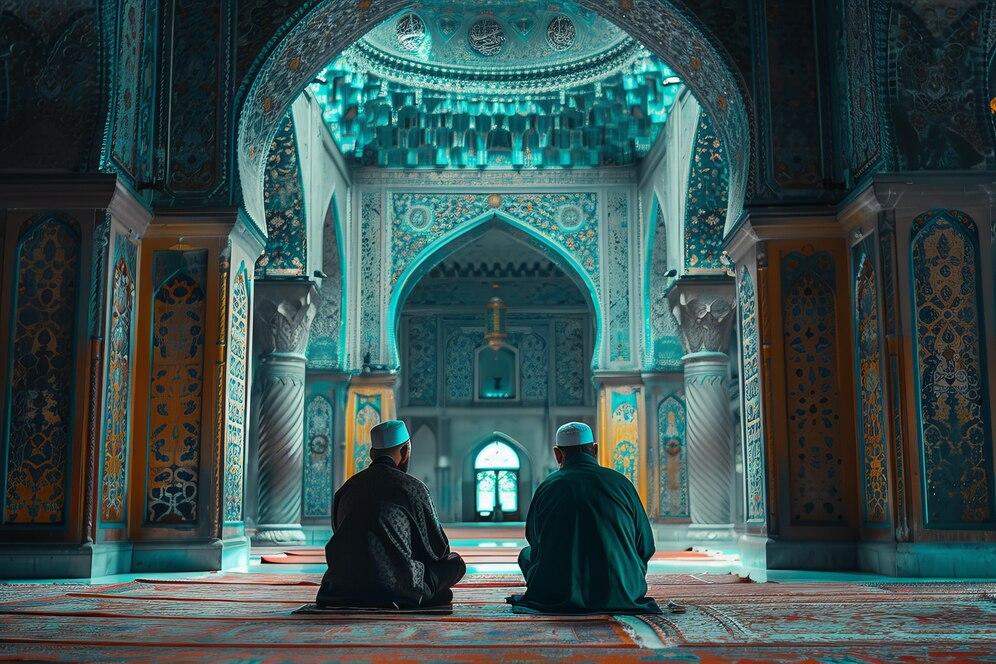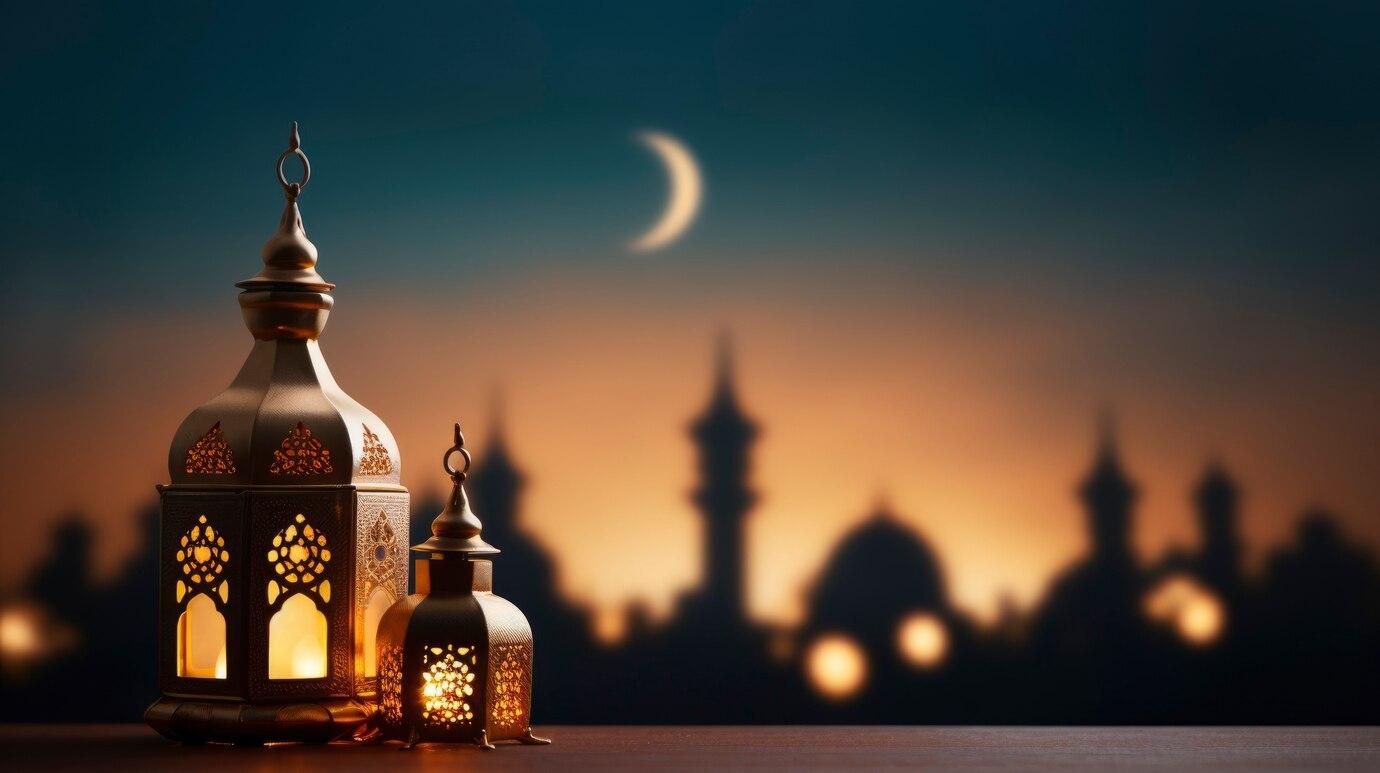
10 May, 2025
Fasting on day of Arafah is among the most virtuous acts a Muslim can perform outside the month of Ramadan. It is tied to one of the holiest days in the Islamic calendar, falling on the 9th day of Dhul-Hijjah, just before Eid al-Adha. While pilgrims gather on the plains of Arafah during Hajj, millions of Muslims around the world participate in this day by fasting and engaging in worship, seeking closeness to Allah and His mercy.
The significance of this day is immense, both historically and spiritually. The Day of Arafah commemorates the final revelation delivered to Prophet Muhammad (peace be upon him), a moment of great importance in Islamic history. This alone makes fasting on day of Arafah deeply meaningful for believers.
The Day of Arafah is considered the best day of the year in Islam. The Prophet Muhammad (peace be upon him) said:
“There is no day on which Allah frees more people from the Fire than the Day of Arafah.”
(Sahih Muslim)
For those not performing Hajj, fasting on day of Arafah is a means of purification. According to another hadith, fasting on this day expiates the sins of the previous year and the coming year. This incredible reward reflects Allah’s mercy and the power of sincere devotion.

Fasting is one of the most beloved acts in the sight of Allah. Combined with the sacredness of the Day of Arafah, its value is multiplied. Fasting on day of Arafah is a chance to seek forgiveness, gain spiritual elevation, and refresh one's relationship with Allah.
The Prophet (peace be upon him) was asked about fasting on this day, and he said:
“It expiates the sins of the past year and the coming year.”
(Sahih Muslim)
This shows that fasting on day of Arafah offers a unique opportunity for a clean spiritual slate. It is a practice deeply embedded in Islamic tradition and greatly encouraged for all capable adults.
Aside from fasting, the Day of Arafah is known for the power of supplication. The Prophet (peace be upon him) said:
“The best supplication is that which is made on the Day of Arafah.”
(Tirmidhi)
Therefore, fasting on day of Arafah should be accompanied by deep reflection, prayer, and personal connection with Allah. Muslims are encouraged to make du'a for themselves, their families, the Ummah, and all of humanity. It is a day of hope, humility, and immense spiritual reward.
Fasting on day of Arafah is recommended for all Muslims who are not on Hajj. Pilgrims performing Hajj are exempt from fasting, as the Day of Arafah is physically and emotionally demanding. The Prophet (peace be upon him) did not fast while he was performing Hajj, to maintain his strength.
For those not on pilgrimage, however, fasting is a strongly emphasized Sunnah. It is a voluntary fast, not obligatory, but the reward and impact of this act make it a priority for many Muslims around the world.
To maximize the benefit of fasting on day of Arafah, spiritual and physical preparation is important:
-
Intention (Niyyah): Like all forms of worship, intention is key. While fasting on this day is voluntary, the intention to fast for Allah’s sake should be made before Fajr.
-
Avoid Sin: Keep away from negative behavior, idle talk, and harmful actions. Strive for a day of purity and focus.
-
Make Time for Du’a: Set aside moments throughout the day to make heartfelt supplications. The gates of mercy are wide open on this day.
-
Read Qur’an: Reflecting on the Qur’an during fasting on day of Arafah adds depth and meaning to your worship.
-
Break Fast Thoughtfully: Break your fast with gratitude and humility, ideally with dates and water following the Sunnah of the Prophet.
Although fasting on day of Arafah is not obligatory, it’s highly encouraged for adults in good health. Children can be encouraged to participate if they are capable, helping them build love for worship. The elderly or sick who cannot fast are not held accountable, but they can still earn reward through remembrance (dhikr), du’a, and acts of kindness.
Islam is a religion of mercy, and Allah rewards according to intention and effort. Even those unable to fast on this day can reap its blessings through sincere worship.
The Day of Arafah holds special importance not just because of Hajj, but because it marks the day when Allah revealed this verse to the Prophet Muhammad (peace be upon him):
“This day I have perfected for you your religion and completed My favor upon you and have approved for you Islam as your religion.”
(Qur’an 5:3)
This historic revelation makes fasting on day of Arafah even more meaningful, as it reminds believers of the completeness and blessing of Islam as a way of life.
Fasting on day of Arafah comes right before Eid al-Adha, one of the most significant celebrations in Islam. While the pilgrims prepare for the sacrifice in Mina, Muslims elsewhere fast and reflect. This transition from devotion to celebration reinforces the values of gratitude, obedience, and sacrifice.
It’s also a moment to remember Prophet Ibrahim (Abraham), whose unwavering faith led him to the ultimate test — a story commemorated during Eid al-Adha and spiritually connected to the Day of Arafah.
Q1: Is fasting on day of Arafah obligatory?
A: No, it is a Sunnah (voluntary) fast, but highly recommended for those not performing Hajj.
Q2: What is the reward of fasting on this day?
A: It expiates sins from the previous year and the coming year, according to authentic hadiths.
Q3: Should pilgrims fast on the Day of Arafah?
A: No, it is discouraged for those performing Hajj due to the physical demands of the day.
Q4: Can I make up missed fasts on this day instead?
A: While possible, it's preferable to fast with the intention of honoring Arafah specifically for its unique reward.
Q5: What else can I do besides fasting?
A: Engage in du’a, dhikr, reading Qur’an, and charity to maximize the blessings of the day.

